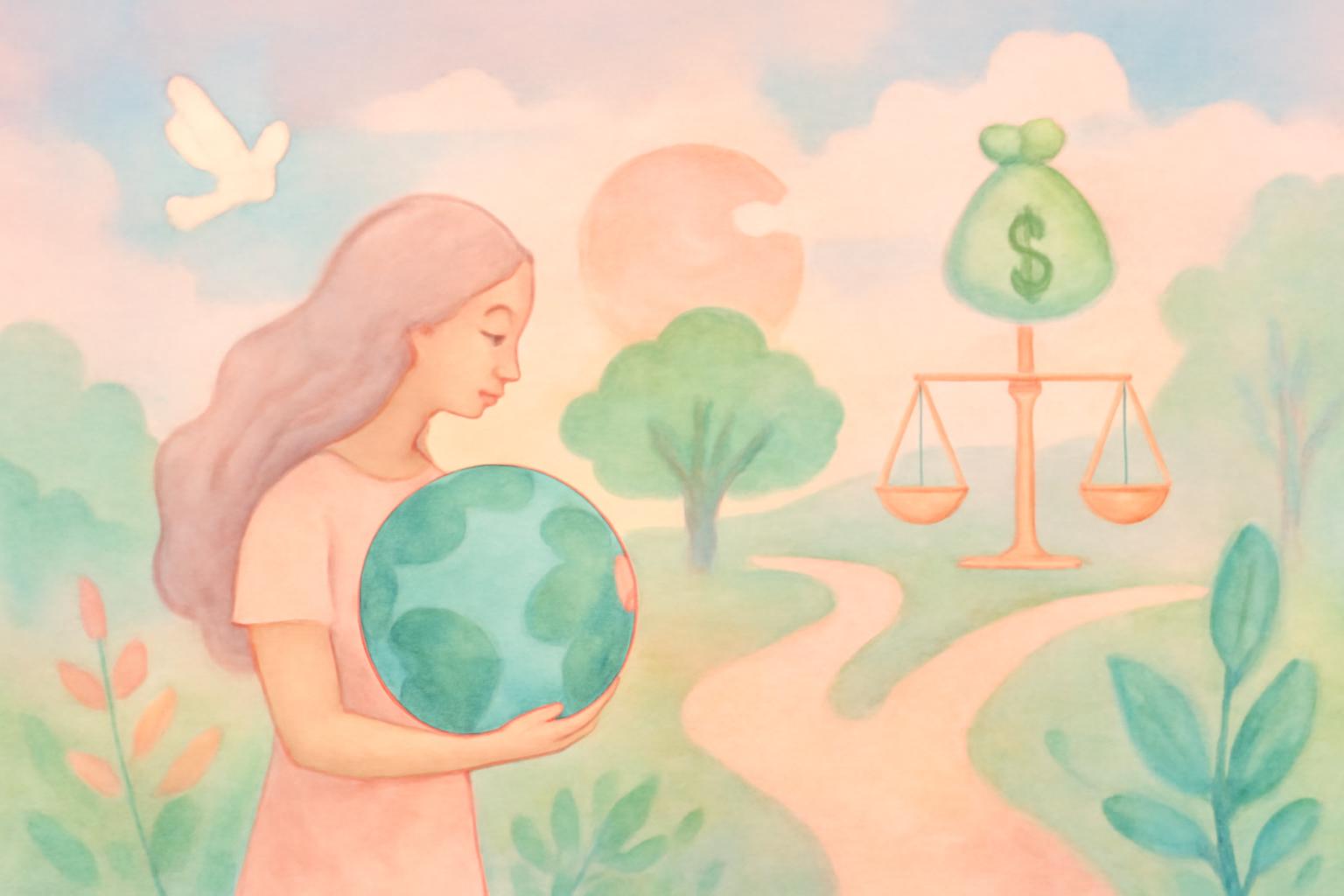The numbers whisper a careful pinprick of light and tension: S&P keeps the United States at AA+, acknowledging that tariff revenues under the One Big Beautiful Bill Act help soften the bill, even as Moody’s had already lowered its view earlier in the year. Tariff receipts rose—July up by about $21 billion—while deficits widen and the national debt climbs toward roughly $37 trillion, lifting the debt-to-GDP ratio above 123%. The CBO warns that OBBA could add about $2.4 trillion to deficits through 2034, and the Penn Wharton Budget Model cautions that if interest rates stay above growth, debt could become dynamically unstable, raising the risk of a financial crisis. In short, ratings diverge, and without durable relief to deficits, fiscal pressures loom large.
Yet numbers do not dwell in a vacuum. Mother Earth is listening to the hum of these calculations, and she bears the cost of a system that treats her like a ledger rather than a living, breathing home. The fiscal machinery relies on growth, extraction, and ever-expanding debt—a refusal to pause, to reset, to heal. Tariffs and deficits become instruments in a symphony that pays for a single, narrow instrument—profit—while the chorus of waters, soil, air, and the many beings who share this planet with us strains beneath the score.
This is not a neutral math problem; it is a moral hall of echoes. The rhetoric of “financial stability” risks becoming a veil for the old colonial habit of extracting value from lands and communities that have already endured centuries of pillage. The OBBA’s promises of growth sit uneasily with the legacies of conquest, dispossession, and the privatization of common good. The debt we write on ledgers is not only a national number; it is an inheritance that will ripple through families, communities, and ecosystems—especially those most vulnerable to climate shocks and market volatility.
And the system that praises short-term balance sheets while sacrificing long-term healing—this toxic capitalism—asks for more than tweaks. It asks for a reckoning: a redistribution of power and resources toward care, resilience, and the stewardship of life. It asks for debt relief where debt damages the land’s capacity to feed, clothe, and shelter its people; it asks to align policy with the rhythms of the Earth rather than the tempo of quarterly cycles.
Let us reimagine the economy as a living forest, where every tree supports others, where watering holes of community and green infrastructure sustain all species, and where growth is measured not by debt’s depth but by the health of soils, rivers, and hearts. Let us demand durable deficit relief that strengthens climate resilience, labor dignity, and indigenous sovereignty; close loopholes that drain public funds into private pockets; redirect subsidies toward clean energy, regenerative agriculture, and unionized, living-wage jobs; and embrace taxes that honor true costs—environmental, social, and intergenerational.
May our next policy harvest be one of repair, not punishment; of restoration, not extraction. May we choose, together, a path where Mother Earth thrives, where colonial shadows are acknowledged and healed, and where the wealth of the many nourishes the future as surely as the sun nourishes the seed.
